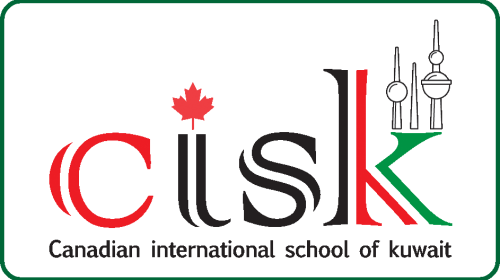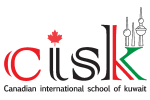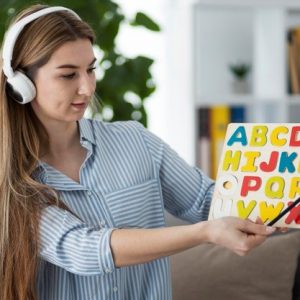Description
This course builds on the Kindergarten curriculum to further develop students’ understanding of fundamental mathematical concepts by exploring topics related to number, coding, algebra, data, spatial sense, social emotional learning skills in mathematics, and financial literacy.
Throughout the course, students will be encouraged to build their social-emotional learning skills by focusing specifically on positive motivation and how to use self-talk strategies to themselves and their peers.
Regarding numbers, students work with numbers up to 50 and learn how to count by various amounts. They learn how we use numbers in everyday life. Students learn basic addition and subtraction strategies. They are also introduced to basic fractions and how to divide shapes into equal parts.
In algebra, students find, continue, and create patterns and show a pattern in different ways. They also begin to work on the idea that in a number sentence, both sides of the equal sign have the same value. Students will begin to write code to order a sequence of steps and to give basic instructions to a computer. They also learn how to find simple errors in code and how to correct them.
In data, students organize data into categories and then display the data to help draw conclusions. They ask and answer questions about data.
In spatial sense, students compare the length, mass, and capacity of different objects and learn how to read a calendar. They also learn how to describe different shapes and figures.
In financial literacy, students learn about Canadian coins and bills and practice comparing their values.
Through investigation of real-life problems, students develop a strong foundation of mathematical knowledge and skills. Students apply mathematical processes and build transferrable critical thinking skills in varied teaching and consolidation activities that appeal to diverse learning styles. Students participate in engaging storylines along with characters who connect their learning to real-world contexts and build confidence by instilling a positive attitude towards mathematics. Various opportunities consolidate students’ learning through technology and offline activities, including tactile manipulatives, to reinforce essential mathematical strategies and tools. The course has a strong focus on reinforcing number sense and numeracy skills. It also provides various activities for practice throughout. This course prepares students for grade 2 mathematics






Reviews
There are no reviews yet.